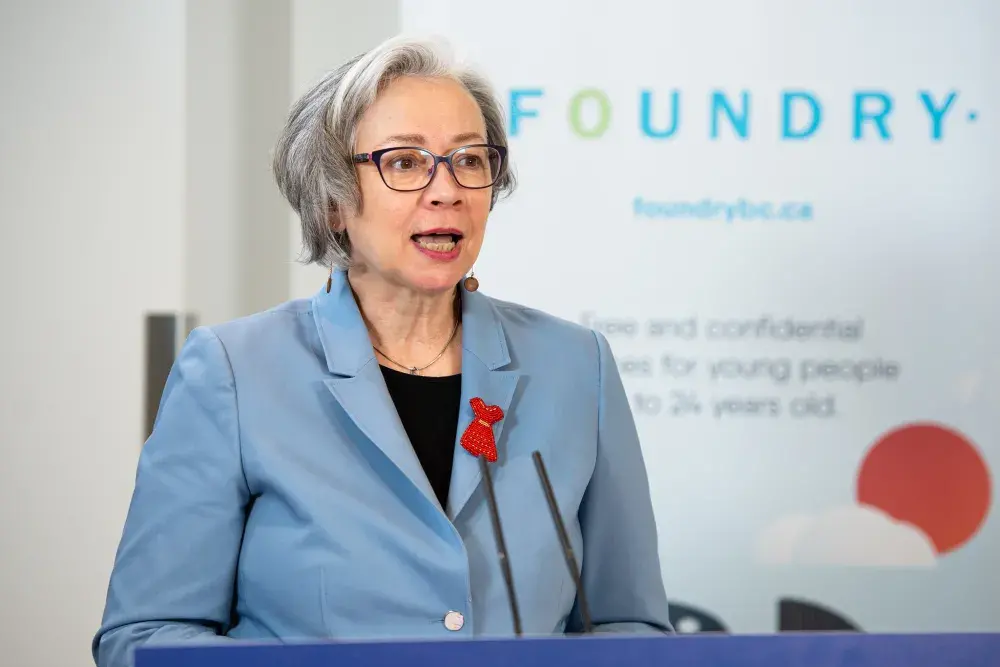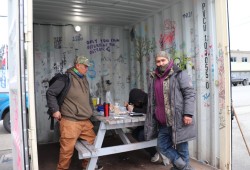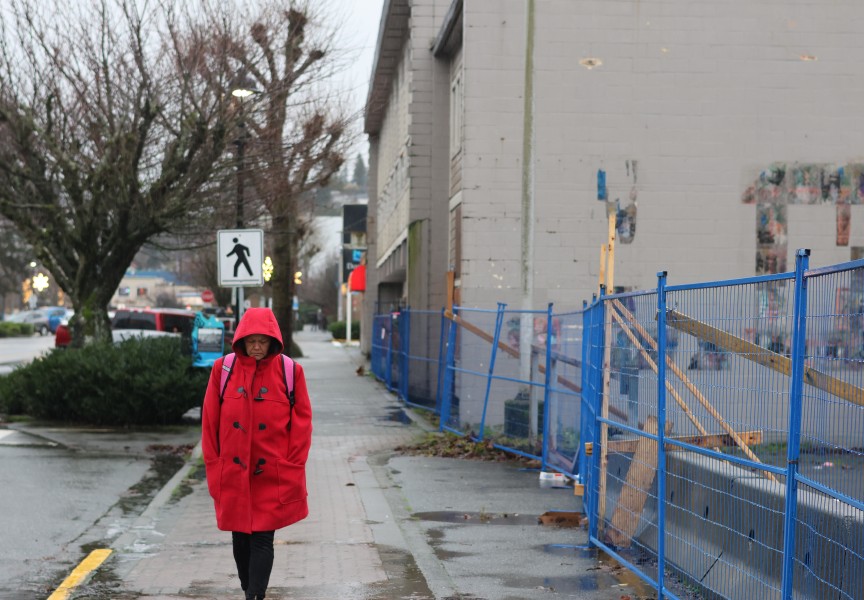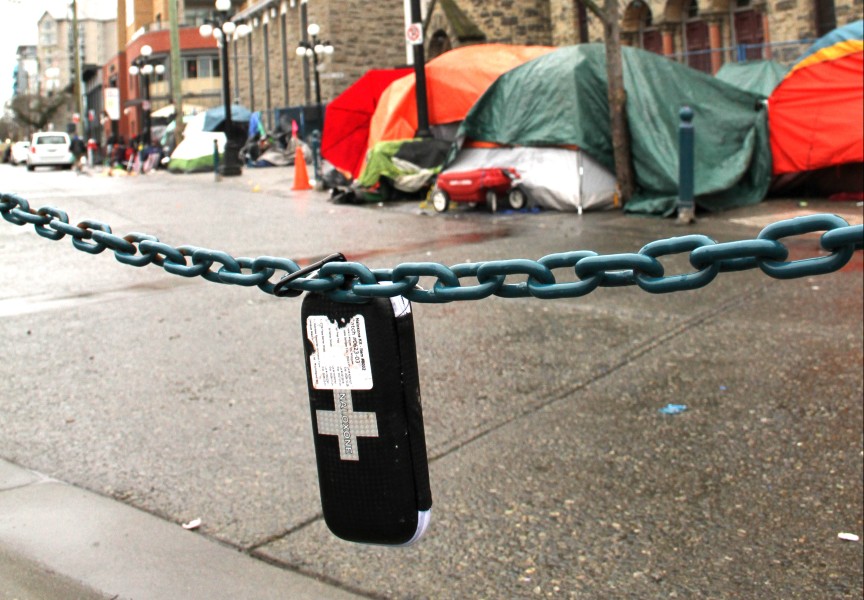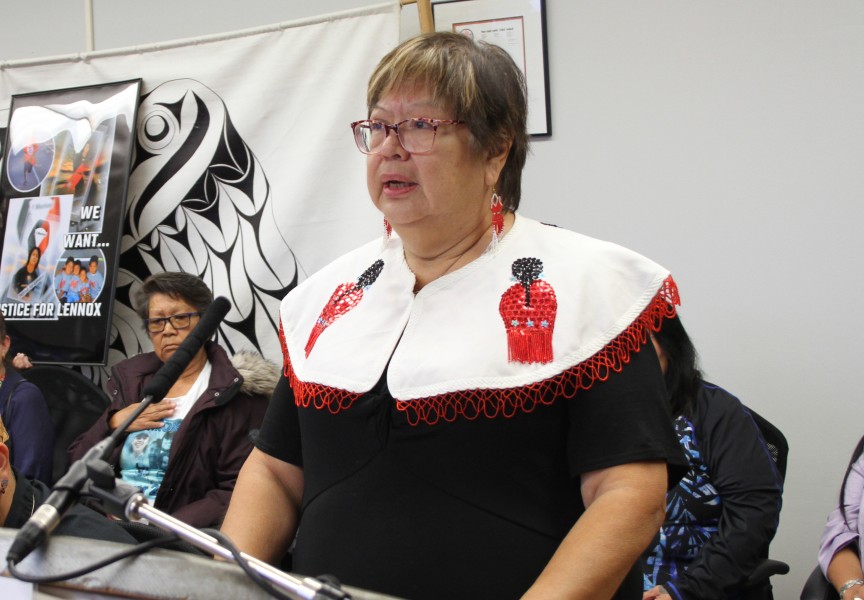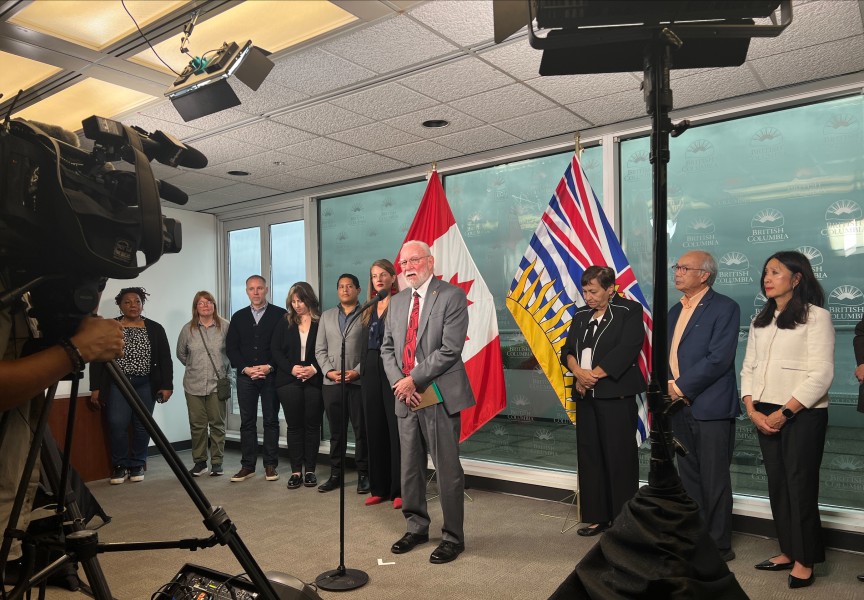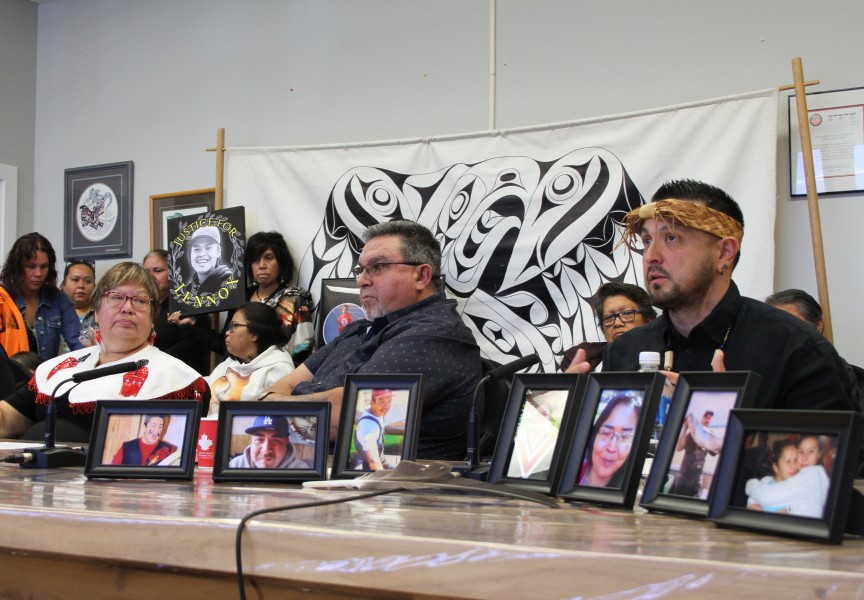In a move to “ensure families feel safe” in public spaces, British Columbia is making an amendment to its decriminalization policy by prohibiting illicit drug use near playgrounds and skate parks.
As of Monday, Sept. 18, illegal drugs are banned within 15 metres of a playground, spray park, wading pool or skate park, according to an announcement from B.C.’s Ministry of Mental Health and Addictions.
“We requested this amendment from Health Canada to ensure that families feel safe in their community while continuing to use every tool available to fight the toxic drug crisis and save lives,” said Jennifer Whiteside, B.C.’s minister of Mental Health and Addictions, in a press release.
The amendment comes amidst a three-year decriminalization term in B.C., an exemption to the federal Controlled Drugs and Substances Act that came into effect Jan. 31. This exemption means that adults carrying up to 2.5 grams of certain illicit drugs will not face criminal charges or arrest. The decriminalization applies to opioids like heroin, as well as cocaine, methamphetamine and MDMA (ecstasy).
As B.C. continues to lead Canada’s provinces with the highest rate of fatal overdoses, the move to decriminalization aims to divert people away from the criminal justice system and towards the supports they need for health, while encouraging drug users to not hide their addiction and use alone.
When the exemption was announced in January, the federal and provincial governments pledged to ensure that “desired outcomes of decriminalization are met and there are no unintended consequences.”
When the Health Canada exemption was announced in January illicit drug use had already been prohibited at B.C.’s elementary and secondary schools, as well as daycares. But since then the BC Association of Chiefs of Police has pushed for more areas where drug use is not allowed.
“There is clear need to ensure everyone feels safe in public places, while also ensuring people who use drugs are provided with alternate pathways of care,” stated the association’s Vice-President Fiona Wilson.
Since the onset of the COVID-19 pandemic and its accompanying societal restrictions, health authorities have struggled to mitigate the deadly effects of an increasingly toxic and unpredictable supply of street drugs. By the spring of 2020 visits to the province’s supervised consumption sites dropped to nearly 20,000 from the over 60,000 visits tracked in January of that year.
Usage at supervised sites has since recovered, reaching 67,641 visits in June of this year, but fatalities have not, as B.C. now sees nearly 6.5 deaths a day attributed to illicit drug use. The first seven months of this year have proven to be the most deadly yet, with at least 1,455 drug-related fatalities across the province.
First Nations people have been affected at a rate more than five times that of the rest of B.C.’s population, according to 2022 data from the First Nations Health Authority.
On Aug. 31, which was International Overdose Awareness Day, butterflies were released at the Usma Nuu-chah-nulth Family and Child Services building in Port Alberni in recognition of loved ones lost to the crisis.
“It’s affected every single Nuu-chah-nulth person,” said Jaimey Richmond, a youth harm reduction outreach worker with Usma. “It’s an everyday occurrence, whether it’s a friend or a family member.”
In April 2022, six years after the opioid crisis was declared a public health emergency in B.C., the Nuu-chah-nulth Tribal Council called for an around-the-clock “rapid access addiction clinic” and certified detox centre.
“We say ‘No more deaths’ – we must fix this problem now!” stated NTC President Judith Sayers at the time. “We can’t keep saying this is a crisis, an emergency, if we haven’t taken drastic steps to prevent more deaths. The time to act is now – let’s act together to save lives.”
Courtenay-Alberni MP Gord Johns has called Port Alberni “ground zero” of B.C.’s opioid crisis – a small city that has the province’s largest number of Nuu-chah-nulth residents. Johns reported that last year Port Alberni saw an overdose fatality rate that was double of what occurred across the Island Health region.
“Between the ages of 19 and 44, we’re almost five times the provincial average of toxic drug deaths - in the worst province for toxic drug deaths per capita in the country,” he said. “In Port Alberni there’s no detox. You have to go to Nanaimo to get detox, and then you have to wait, and then there’s a massive gap between detox and treatment. More often than not, treatment is in Maple Ridge.”
Johns made those comments in early July, when Carolyn Bennett, Canada’s former minster of Mental Health and Addictions, came to see the Walyaqil Tiny Shelter Village on Fourth Avenue in Port Alberni. Expected to open this summer, this collection of small living units in Port Alberni’s poorest neighbourhood is being run by the local friendship centre, offering 24-7 staff who can support illicit drug users.
At the time Bennett praised the new site, while commenting that there are more effective approaches than drug treatment facilities.
“Quite often, the 28-day program hasn’t worked. People need longer programs,” she said. “We are building the kinds of puzzle pieces that fit in so that every jurisdiction can do what they know they need to do.”
While decriminalization aims to reduce the stigma of using illicit drugs, Ya’ara Saks, Canada’s current minister of Mental Health and Addictions, noted the careful balance needed to prevent unintended consequences in communities.
“This cannot be forgotten as we continue to work relentlessly to reduce substance-use-related harms,” she stated in a release. “This amendment ensures that law enforcement has the tools needed to address public drug-use concerns, while continuing to provide support for some of the most vulnerable people in our community who use drugs.”

